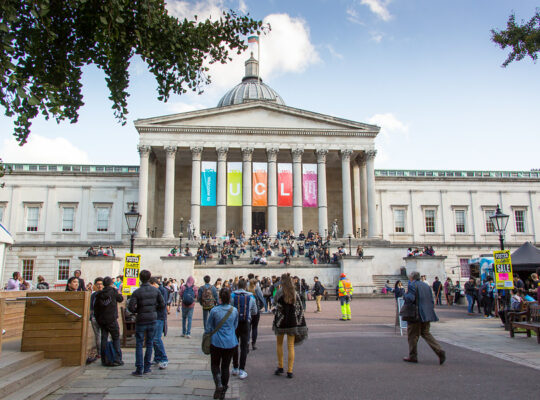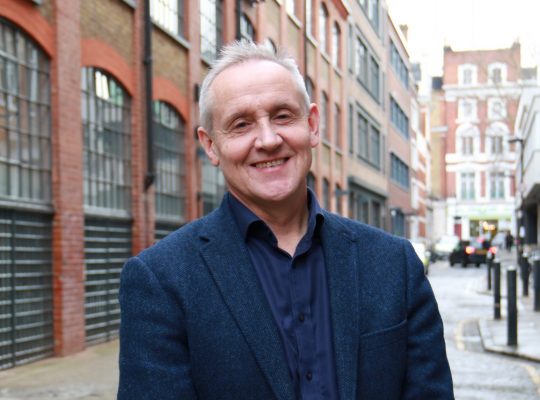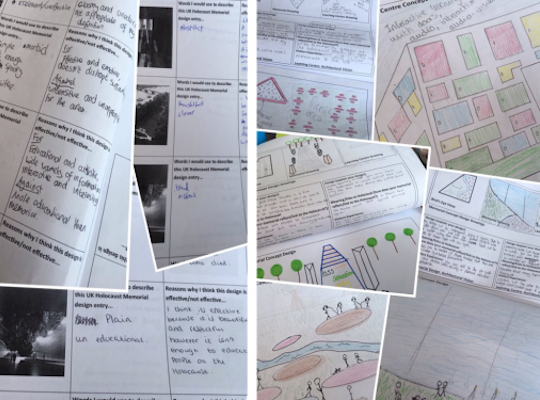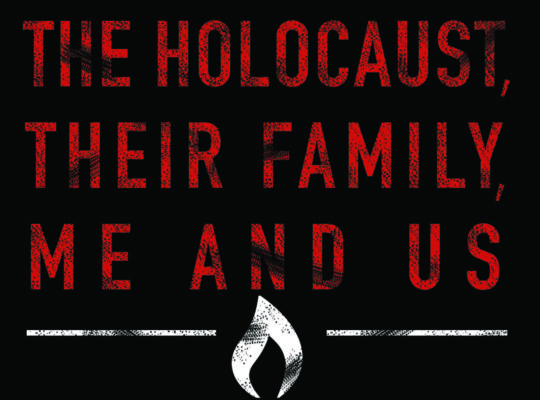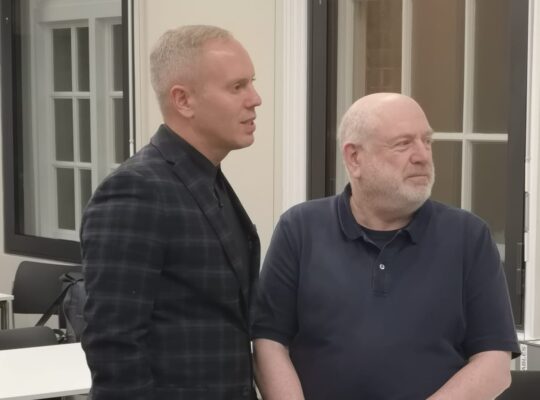Our background
The UCL Centre for Holocaust Education is part of IOE, University College London’s Faculty of Education and Society. For eight years in a row, IOE has been rated number one in the world for Education in the QS World University Rankings. IOE has also been awarded ‘outstanding’ grades from Ofsted, and was top for ‘research power’ in the most recent Research Excellence Framework. At the Centre for Holocaust Education we are proud of the contribution we have made to this success.
Our history
We were established in 2008 by the Pears Foundation, whose research into the Holocaust education field had identified teacher training as a national priority, and were originally known as the Holocaust Education Development Programme (HEDP). Pears Foundation’s commitment was matched by funding from the Government, and both have supported us ever since.
In 2009, we produced the first national empirical portrait of teaching practices around the Holocaust in England, which then informed the creation of our unique CPD programmes. In 2012, we were awarded Centre status by the University of London and were renamed the Centre for Holocaust Education in 2012. Our landmark study of students’ knowledge and understanding of the Holocaust was published in 2016, and in early 2022 we will publish the findings of our third major research project.
Throughout our history the development of teachers and teaching practice has sat at the very core of our work. Through our portfolio of CPD programmes we provide extensive training for teachers in service and in training, targeted to their needs at every stage of their careers. We are the only institution in the field whose teacher development is quality assured – our Masters course, The Holocaust in the Curriculum, is validated by UCL and has a chief examiner from the University of Oxford. All of our CPD courses conform to university standards and are therefore answerable to the QAA (Quality Assurance Agency) for Higher Education.
In keeping with its mandate as part of a public university, we ensure the Centre’s expertise is available to a range of national and international institutions. We are an international hub for collaboration, evaluation and consultation.

